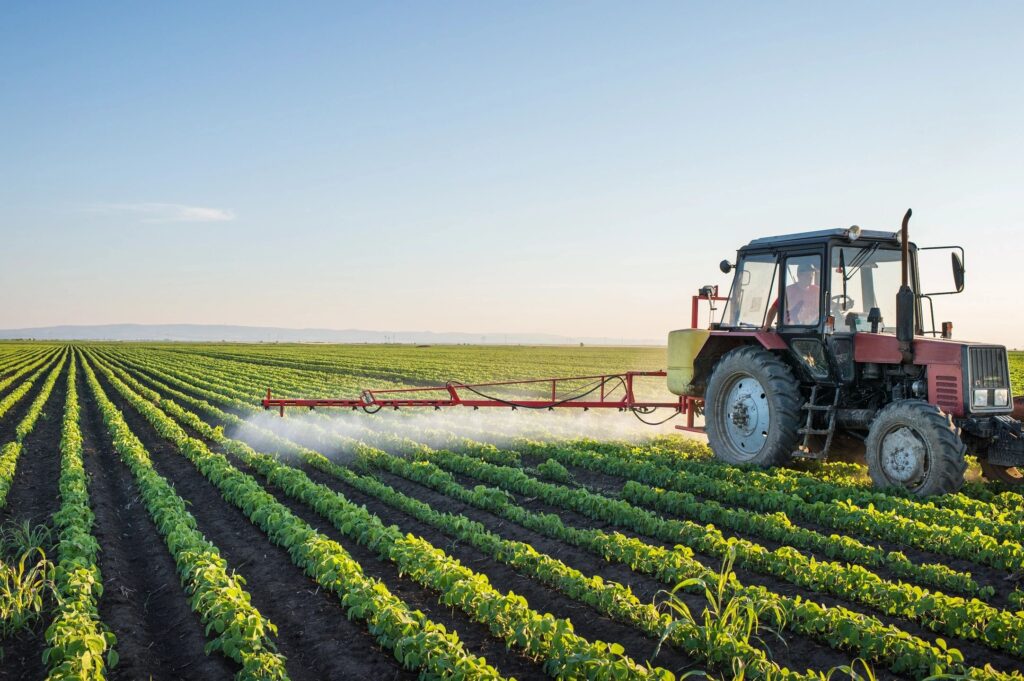
ATLANTA – Last week’s meeting of a legislative committee looking for ways to improve rural Georgia’s economy was full of discouraging statistics depicting losses in population, failing schools and inadequate health care.
But in the midst of that gloom and doom, members of the Georgia House Rural Development Council got a glimpse of fledgling efforts by a nonprofit that is helping farmers find new markets for their products and could help reinvigorate Georgia’s textile industry.
The Georgia Rural Hospital Food Collaborative was launched last May to provide fresh fruits and vegetables, pork and beef, and even medical scrubs to rural hospitals and nursing homes.
“Not only is it good for hospitals. It’s good for nursing homes,” said Jimmy Lewis, CEO of HomeTown Health Care, which represents rural hospitals in Georgia. “It’s good economic development.”
The food collaborative is a byproduct of the coronavirus pandemic, which has disrupted supply chains Georgia fruit and vegetable farmers rely on to get their highly perishable crops to market.
HomeTown Health Care has partnered with Healthcare Services Group, which manages hospital dining and nutritional services, to cut out the middleman and supply fruits and vegetables directly to hospitals and nursing homes.
Sixteen rural hospitals and nursing home are participating in the program, David Bridges, interim director of the Georgia Center for Rural Prosperity, told members of the Rural Development Council Sept. 1.
Offering fruits and vegetables at reasonable prices boosts the bottom lines of rural facilities often operating on thin margins, said Bridges, who also serves as president of Abraham Baldwin Agricultural College in Tlfton.
“If they have to choose between paying for food or nurses, we want them to pay the nurses,” he said.
“The patients in the hospitals love it,” Lewis added. “It’s doing really well.”
The same supply chain issues face Georgia beef and pork producers, making it difficult to ship cattle and pigs raised here to out-of-state processers in a timely manner.
Lewis said the Miller County Development Authority provided the solution, offering to purchase a local slaughterhouse and lease it to the food collaborative.
“We’ve got farms lined up to have their beef processed,” Lewis said.
Another project HomeTown Health and the Georgia Center for Rural Prosperity are involved in holds potential for reviving a textile industry that has lost thousands of jobs to overseas outsourcing for decades.
Working with Swainsboro-based textile manufacturer America Knits, the two have launched Field to Closet, an initiative to provide 100% cotton medical scrubs to Georgia hospitals at no cost. Thus far, 16 rural hospitals have signed on.
The project spins Georgia-grown cotton into yarn at Parkdale Mills in Rabun Gap, weaves the yarn into fabric in North Carolina, and arrives at the America Knits plant for final production. As an additional benefit, the fabric is treated with an antimicrobial chemical that inhibits the growth of bacteria and has been shown in lab tests to destroy viruses.
“There was a time when an end-to-end U.S. supply chain for cotton garments would have been considered a pipedream,” said Steve Hawkins, CEO of America Knits.
“Working on this project aligns perfectly with our focus on providing prosperity for rural smaller communities and creating quality, environmentally sustainable products in the United States.”
Lewis envisions expanding the medical scrubs project to all sorts of cotton clothing as a way to “reshore” cotton production back from overseas. He said several major companies are interested in investing, including Ralph Lauren and Nike.
“If we could track [cotton] from the point of the seed all the way to a new cotton product … we can bring cotton back to the United States,” Lewis said. “We’ve got every part of the cluster to make re-shoring a reality.”
This story available through a news partnership with Capitol Beat News Service, a project of the Georgia Press Educational Foundation.
